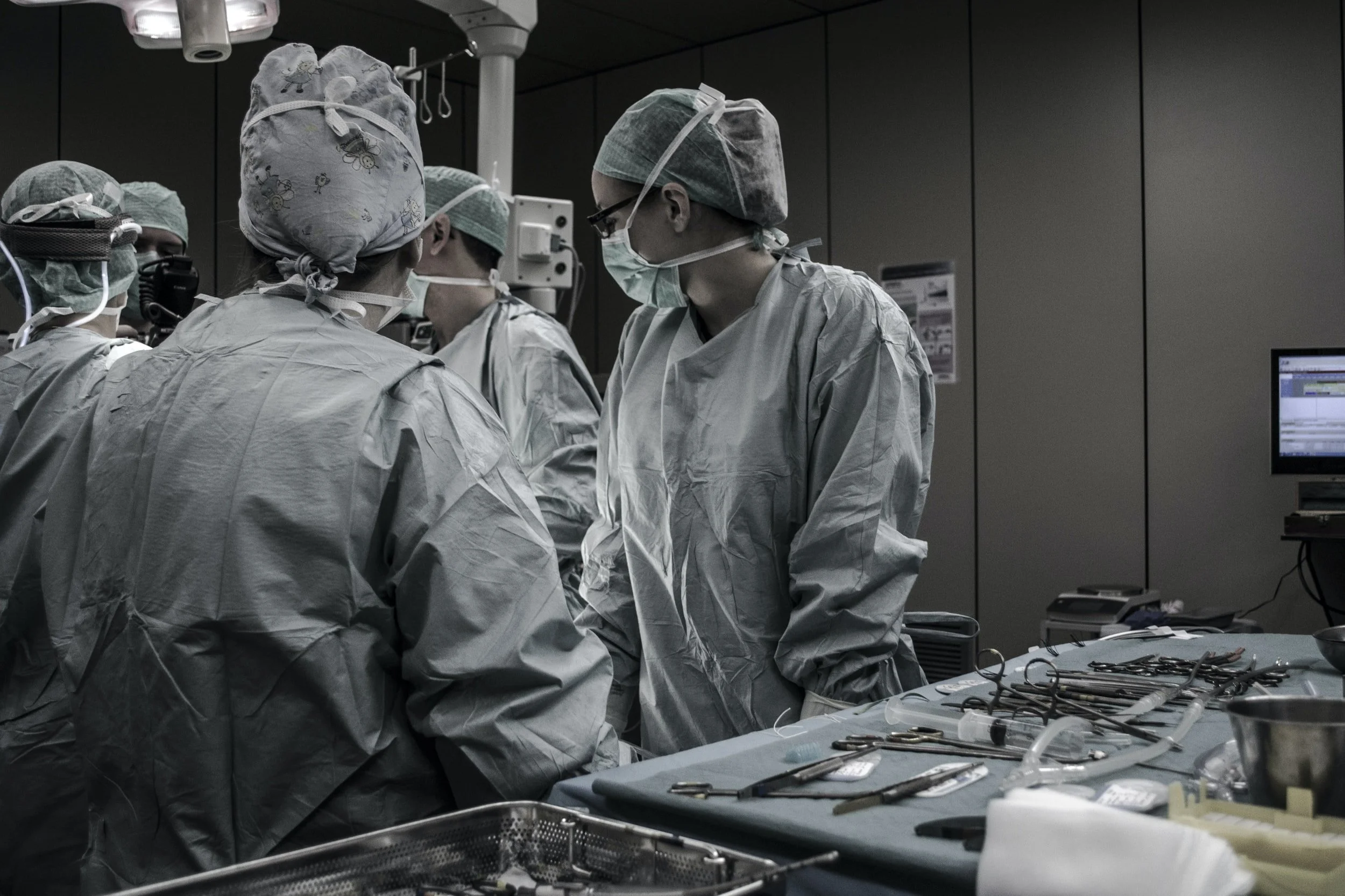Basic Understanding of Total Knee Replacement (TKR) Surgery
Knee replacement surgery, also known as knee arthroplasty, is one of the most common surgical procedures performed worldwide today.
With over 200,000 knee replacements performed in India in the year 2021, it’s important to be aware of the basic facts and statistics surrounding this surgical procedure.
This knee replacement surgery guide will explain all 10 basic understandings surrounding knee replacement surgery in simple terms and detail to help both patients and interested parties gain an understanding of what this procedure entails from start to finish.
What Is Total Knee Replacement?
A total knee replacement is a procedure that replaces all or part of a patient’s knee joint with artificial materials.
The most common reason for knee replacement surgery is osteoarthritis, which is when cartilage degenerates and wears away from joint surfaces.
In other words, as a result of arthritis, there is not enough protective cartilage to cushion and support your knees, causing pain when you move and limiting your mobility.
As time goes on, it may become increasingly difficult to bend your knees or get up from a chair without experiencing pain.
When patients feel their quality of life is affected by pain caused by knee arthritis, they may consider total knee replacement surgery.
It does not require the removal of bone or any other part of your body; only synthetic materials are used in its place.
How Is Total Knee Replacement Performed?
Total knee replacement, or TKR, is a surgical procedure used to treat severe arthritis in one or both knees.
During a total knee replacement procedure, your surgeon removes damaged cartilage and bone from your knee joint and replaces them with an artificial implant -- effectively restoring function to your knees.
One year after surgery, more than 90 percent of patients are satisfied with their outcome and have improved mobility and reduced pain levels.
How exactly does a total knee replacement work? What can you expect when undergoing surgery for arthritis?
You've probably got lots of questions about how total knee replacement works -- here's everything you need to know about how it works.
What Happens After Total Knee Replacement?
Total knee replacement surgery is performed by orthopedic surgeons to treat severe osteoarthritis. During total knee replacement, your surgeon removes your damaged joint, replaces it with a metal and plastic implant, and then surgically connects new bone to your thighbone (femur) and shinbone (tibia).
Afterward, you can slowly begin to build up strength and mobility. Even if you do everything perfectly in recovery—you use pain medication as prescribed, take anti-inflammatories like ibuprofen on time each day—your knee may not function exactly as it did before surgery for some time.
After My Total Knee Replacement When Can I Go Home?
After your surgery, you’ll have to stay in a hospital for about two to three days. When available, you’ll then spend a few days in an extended care facility before returning home.
After knee replacement surgery the main objective is to make you independent of walking. Physiotherapy has a role in gaining strength and movement of the joint after surgery. Your doctor or nurse will let you know when it’s safe to go home.
Time Take to Recover from My Total Knee Replacement
This is a tricky question to answer because it varies from person to person. Your activity level and how well you take care of yourself are huge factors in recovery time.
To some extent, it also depends on the extent of damage to your knee before surgery - people who have had advanced osteoarthritis of the knees may have longer recoveries.
In general, you should be able to stand with support for 24 hours. Be able to walk with support in 48 hours and walk without support in 2 weeks. The patient can climb up and down a flight of stairs after 2 weeks. However, one thing again worth mentioning – these numbers do not apply to everyone.
What Are the Risks and Complications Associated with Total Knee Replacement?
Although knee replacement surgery has been performed for over 40 years, relatively few complications have been reported. Potential risks and complications associated with total knee replacement include Infection, Fracture and Dehiscence, Rheumatoid Arthritis, Pneumonia, and Deep Vein Thrombosis.
To minimize complications from total knee replacement surgery, it is important to follow your physical therapy program as prescribed by your doctor.
It is also important that you remain compliant with all medications prescribed for pain control after your surgery and for maintaining overall health post-surgery.
For more information about any possible risks or complications please consult with a physician before having joint replacement surgery.
All information on this website (https://www.doctor-pal.com) is published in good faith and for general information purposes only. Dr. Indranil Pal does not guarantee the completeness, reliability, or accuracy of this information. Actions based on the information found on this website are entirely at your own risk. Doctor Pal shall not be liable for any loss and/or damage associated with the use of our website. Contact your doctor who can advise you on your health and illness.






